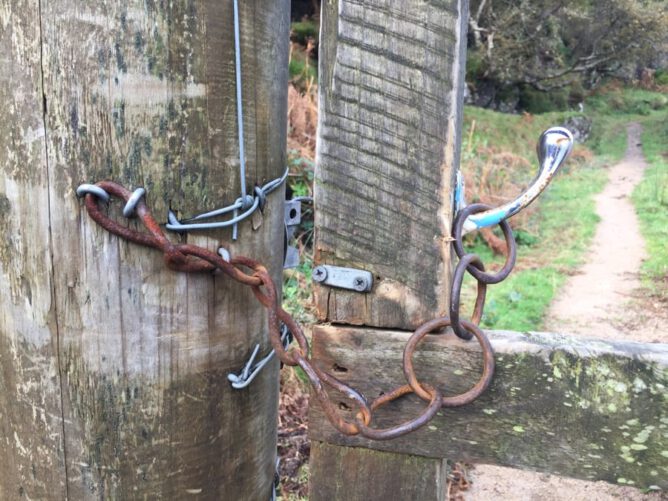This photo of rooftops in the Guardian is gorgeous. Quite hard to link directly to.
Snow blankets the roofs of the historic old town in North Rhine-Westphalia Photograph: Federico Gambarini/AP

Snow blankets the roofs of the historic old town in North Rhine-Westphalia Photograph: Federico Gambarini/AP
This photo of rooftops in the Guardian is gorgeous. Quite hard to link directly to.
/wg/ - /stpg/ startpages
A startpage is the first thing you should see when you open your browser or create a new tab. Most modern browsers spin up their own “homepage”, Firefox presents you with the top sites you visit, a quick web search, and potentially some news updates.
Creating your own startpage has several advantages (as well as disadvantages) over using conventional homepages.
Looks like fun. HT Joe
A few weeks ago I published a Drumkit script that lets you publish your post from Drummer to WordPress. It works fine, but I had one small bug I needed to fix and one nice-to-have for myself. I can say I fixed both! First, in the original Drumkit script I have a few lines with HTML in it. When you h...
Avoids the problem I’d reported nicely.
If you ever need an injection of positiveness, try this Twitter trick that'll show tweets with the word "love" from people you follow.
Well this is clever

Mostly School and TiddlyWiki things.
Screenshot Garden (new) led to site shown below _screenshot garden_ Everest Pipkin (new) led to site shown below emily internet zone (new)
Another great set of links. Even on holiday I can’t keep up.
More resources and support from the wonderful @LtL_News https://trca.campaign-view.com/ua/viewinbrowser?od=3z6b72d77230ddf3172369a37983d2b6f1e09e815687ffcbff6b6a4efb4cd4ffc9&rd=1848123c1c80944c&sd=1848123c1c80848d&n=11699e4bffda5a9&mrd=1848123c1c80847b&m=1
Horrible url leads to New resources for outdoor learning and play – LtL
Pupils @OLSPHigh using confidence arrows in maths to describe their achievements #pedagoofriday #maths pic.twitter.com/AC0s2HqRfm
Host-read ads and rise of parasocial marketing
Podcasts flow naturally and pleasantly into a listener’s day to day, advertisements flow naturally and pleasantly in and out of podcasts, and persuasion ceases to register as persuasion, becoming instead a benevolent suggestion from a trusted friend, an invitation to a communal experience, an opportunity to affirm that you are loyal to the community, that you “get it,” that you belong. The danger of this is that ads, host-read or not, are profit-driven, and they deserve more skepticism than a friend’s words would warrant. Advertisements are not our friends — even if they seem to spoken by them.
the intimacy of audio is one of the affordances of podcasts. This is the cloud from that silver lining.
EXCL: Russian & US billionaire owners of luxury private members’ clubs are among a spate of wealthy foreign nationals whose Scottish firms claimed £ms in furlough payments. Trump’s firms claimed up to £1.54m despite making scores of redundancies. Thread👇https://www.scotsman.com/news/politics/anger-as-scottish-firms-owned-by-donald-trump-russian-oligarch-and-billionaire-financier-claim-millions-in-covid-19-furlough-money-3395447